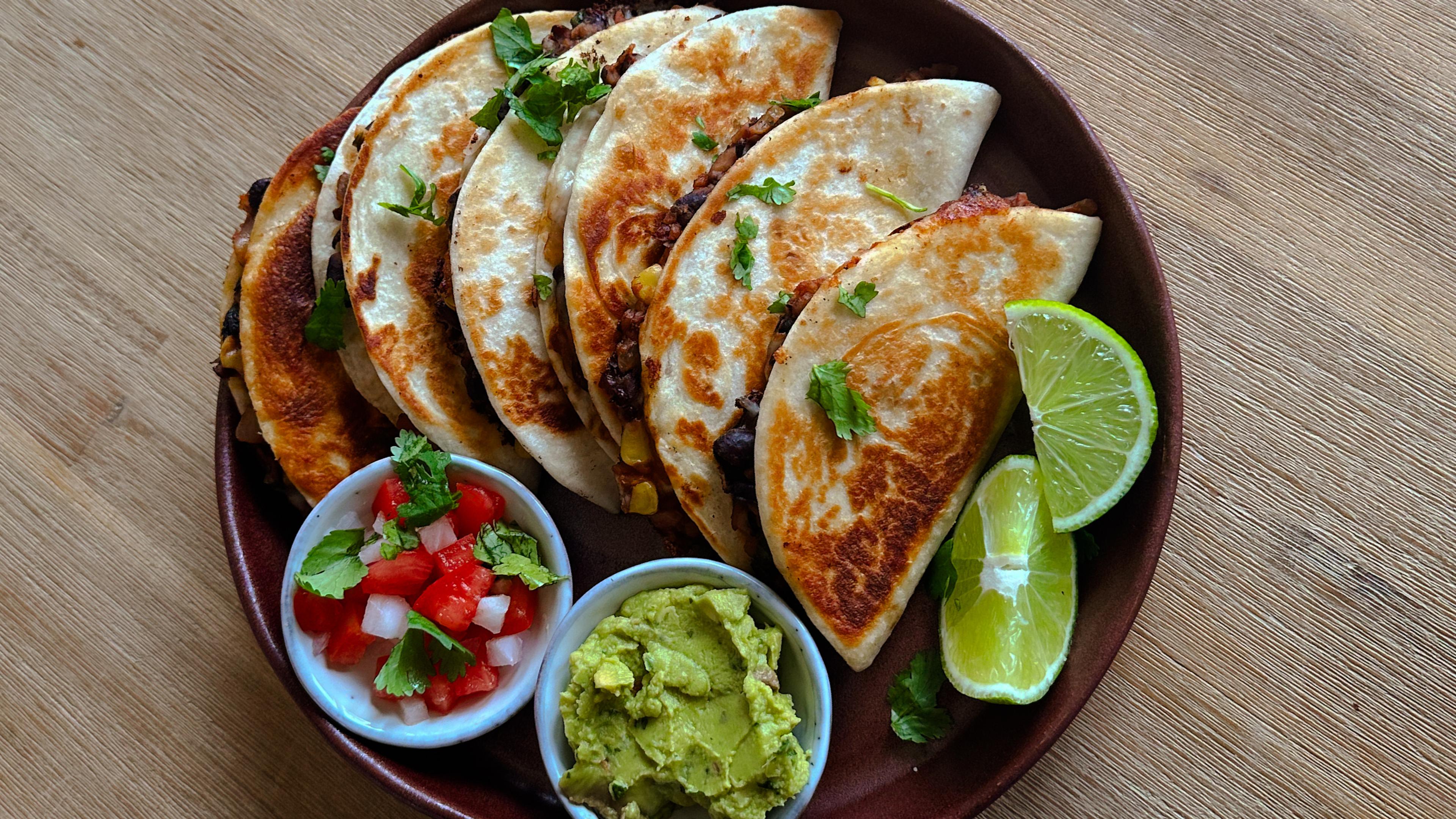Go Mediterranean: Eight ways to start eating healthier for life

Julie Bitely
| 3 min read

What’s the big deal about the Mediterranean diet?
It’s a way of eating that’s high in plants and fish, low in red meat, saturated fat and sugar, and features healthy grains and fats, such as faro and olive oil. This traditional way of eating has been around for centuries in countries that border the Mediterranean Sea, although each locale puts its own spin on flavor and ingredients – think Greek, Italian, and Lebanese food to name a few.
It’s also one of the best, most well researched ways to eat, says Dawn Davies, Public Health Educator with the Kent County Health Department, and Nutrition and Cooking Instructor who teaches classes at the Grand Rapids Downtown Market.
Studies have looked at how it decreases the risk of heart disease and type 2 diabetes, and lowers blood pressure. Adherents also have a much lower rate of certain types of cancers and chronic diseases.
Here are eight tips Davies shares to get started, adapted from MayoClinic.com:
- Eat your veggies and fruits – and switch to whole grains. Minimally processed plants should make up a majority of your meals. Buy in season and try for seven to 10 servings a day. Switch to whole-grain bread, cereal, rice, and pasta.
- Go nuts. Keep almonds, cashews, pistachios, and walnuts on hand for snacks. Choose natural peanut butter and try tahini as a dip or spread for bread.
- Try olive or canola oil as a healthy replacement for butter or margarine.
- Season your meals with herbs and spices, rich in antioxidants, rather than salt.
- Eat fish once or twice per week. Fresh or water-packed tuna, salmon, trout, mackerel are healthy choices.
- Rein in the red meat. Switch to fish and poultry and when you do have it, make sure it’s lean and keep portions small (about the size of a deck of cards). Also avoid sausage, bacon, and other high-fat meats. “We go way overboard with the red meat and we eat 10-12 times more than any other country,” she said. “In the Mediterranean countries, meat is more for flavoring. It’s not the center of attention on the plate.”
- Limit higher fat dairy products, such as whole or 2% milk, cheese, and ice cream. Switch to skim milk, fat-free yogurt and low-fat cheese.
- Raise a glass to healthy eating. If it’s okay with your doctor, have a glass of wine at dinner. Not a drinker? Try purple grape juice.
Start with one or two changes to start going Mediterranean gradually.
“Little changes make a huge difference. Over time they can reduce a lot of calories in your diet,” Davies said.
If you’re in Grand Rapids, you can discover for yourself the health benefits of a Mediterranean diet and how to make it a part of your lifestyle. Davies is teaching a class at the Downtown Market on Tuesday, July 15 from 10:30 a.m. to noon in the banquet room. Cost is $20.
Photo credit: The Vault DFW





